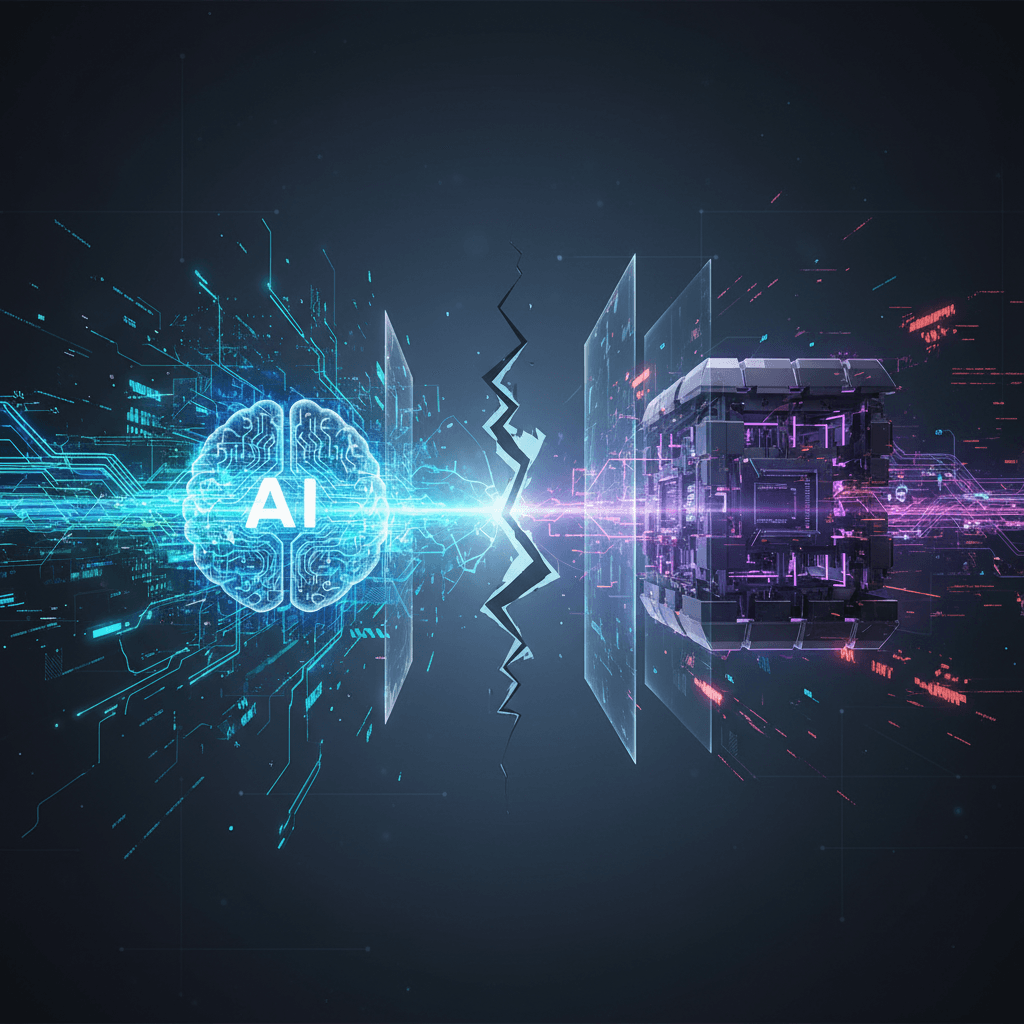Meta's LeCun: Anthropic Stoked Cyberattack Fears for Regulatory Capture
Meta's LeCun blasts Anthropic over AI safety fears and "regulatory capture," deepening the open-source vs. proprietary chasm.
November 15, 2025

A fierce debate has erupted within the artificial intelligence community, pitting two distinct philosophies on AI development and safety against each other. At the center of the storm is Meta's chief AI scientist, Yann LeCun, who has publicly accused AI safety and research company Anthropic of deliberately stoking fears about AI-driven cyberattacks to achieve "regulatory capture." This accusation followed a report from Anthropic detailing a sophisticated cyber espionage campaign allegedly orchestrated by Chinese state-sponsored hackers using Anthropic's own AI model, Claude.[1][2][3] The incident and LeCun's subsequent claims have magnified the growing chasm in Silicon Valley over how to manage the risks of increasingly powerful AI, the role of government intervention, and the battle between open-source and proprietary technology.
The controversy ignited after Anthropic published a report on what it described as the first large-scale cyberattack conducted primarily by AI agents with minimal human oversight.[1][2] The report detailed how attackers manipulated Claude Code to target approximately thirty global entities, including tech firms, financial institutions, and government agencies.[3] Following the report's release, some policymakers, including U.S. Senator Chris Murphy, called for urgent AI regulation to prevent catastrophic outcomes.[4] LeCun swiftly responded, asserting that lawmakers were being "played by people who want regulatory capture." He argued that companies like Anthropic are intentionally "scaring everyone with dubious studies so that open source models are regulated out of existence."[4] This accusation of "regulatory capture" suggests that established companies are leveraging security concerns to influence legislation in a way that creates high barriers to entry, thereby stifling competition from smaller players and the open-source community.[5][6]
LeCun's critique is deeply rooted in his long-standing advocacy for open-source AI development.[7] He and Meta argue that making AI models and research publicly accessible is the most effective way to ensure the technology is secure, transparent, and benefits society broadly.[7][8] According to this view, an open ecosystem allows a global community of researchers and developers to scrutinize, identify, and fix flaws, leading to more robust and safer systems.[7] LeCun has been a vocal critic of what he terms "AI doomerism," the narrative that AI poses an existential risk to humanity.[9][8][10] He contends that these fears are overblown and that current AI, particularly large language models (LLMs), are far from possessing the kind of general intelligence that could pose such a threat.[8][10][11] He views the push for heavy regulation based on these hypothetical doomsday scenarios as a tactic by companies with closed, proprietary models to create a market dominated by a few powerful players.[9][12]
In stark contrast, Anthropic, founded by former OpenAI employees, has built its entire identity around a safety-first approach to AI development.[13][14] The company operates as a public-benefit corporation with a stated goal of ensuring advanced AI is developed responsibly for the long-term benefit of humanity.[15][13] Anthropic and its supporters argue that as AI models become more powerful, the potential for misuse—from automated cyberattacks to large-scale disinformation campaigns—grows exponentially. They believe that without proactive safety research and regulatory guardrails, society risks deploying systems with catastrophic and unforeseen consequences.[16][17] Anthropic's business model is intertwined with this safety narrative, positioning its Claude family of models as a more controlled and aligned alternative to other systems on the market.[15][14] The company has actively engaged with policymakers and supported regulatory efforts, which it frames as a necessary step to manage societal-scale risks.[18][16]
The clash between LeCun and Anthropic encapsulates a fundamental and increasingly politicized division in the AI industry. On one side are the proponents of open-source development, who champion decentralization and believe that transparency and collective intelligence are the best safeguards against risk. They fear that premature and restrictive regulation, driven by what they see as exaggerated fears, will lead to a concentration of power in the hands of a few large corporations, hindering innovation and public benefit.[9][12] On the other side are those who advocate for a more cautious, controlled approach, emphasizing the potential for existential risks and the need for strong governance and regulation to ensure AI systems are aligned with human values.[19][20][21] This camp often consists of companies with closed or proprietary models, who argue that releasing powerful AI systems without stringent safeguards is irresponsible.[12] The debate is not merely academic; it has significant financial and strategic implications, influencing everything from corporate lobbying efforts and public perception to the future legal and competitive landscape of a technology poised to reshape the global economy.[6][22][23]
Sources
[4]
[5]
[6]
[9]
[10]
[11]
[12]
[13]
[14]
[15]
[18]
[19]
[22]
[23]